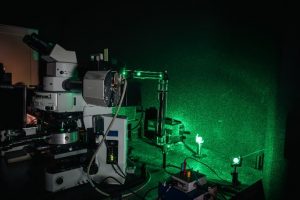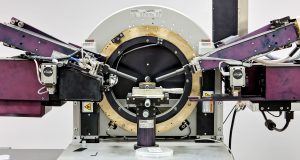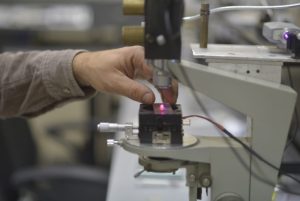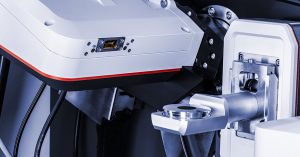DATA MANAGEMENT PLAN
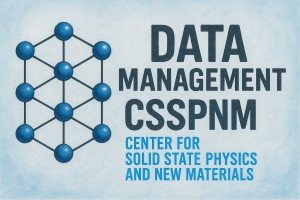
Center for Solid State Physics and New Materials (CSSPNM)
Institute of Physics Belgrade (IPB)
Date: 17.04.2025
Version: 1.0
1. Data Summary
The Center for Solid State Physics and New Materials (CSSPNM) at the Institute of Physics Belgrade generates large volumes of experimental, computational, and analytical data as part of its interdisciplinary research across quantum materials, nanotechnology, spectroscopy, and structural analysis. The data span a wide range of projects and include:
- Raw experimental data: Numerical files (.txt, .csv, .hdf5), images (.png, .tif), spectral maps, and time-resolved datasets.
- Processed data: Derived datasets (e.g., background-subtracted, normalized), typically in open formats (.fq, .gr, .xye).
- Computational and theoretical data: DFT results, PDF simulations, lattice dynamics models, stored in formats suitable for NOMAD, COD, and Materials Project.
- Analysis scripts: Written primarily in Python, MATLAB, or C++, and linked with GitHub repositories.
- Protocols: Documents outlining synthesis, measurement, and characterization workflows (PDF, DOCX, LaTeX).
- 3D models: CAD/STL files for custom-built sample holders and experimental equipment.
- Administrative documents: Internal reports, meeting minutes, training materials, and strategic planning documents.
Estimated volume: ~20 TB annually.
2. FAIR Data Principles
2.1 Making Data Findable
- All publicly shared datasets will be assigned DOIs using Zenodo, NOMAD, or institutional repositories.
- Metadata will follow domain standards (e.g., NOMAD for DFT, COD for crystallography, etc.).
- Descriptive metadata will include experiment parameters, sample info, instrumentation, and data processing workflows.
2.2 Making Data Accessible
- Open-access repositories (Zenodo, NOMAD, Materials Project etc.) will host most datasets.
- Embargo periods may apply for patent protection or pending publications (max. 12 months).
- Restricted-access data (if applicable) may require institutional request.
- All data will remain accessible for a minimum of 10 years after generation.
2.3 Making Data Interoperable
- Metadata schemas and vocabularies will conform to community standards.
- Ontologies and descriptors (e.g., for novel material classes or experimental setups) will be openly published.
- Cross-linking between experimental and theoretical datasets will be maintained for traceability.
2.4 Increasing Data Reuse
- Each dataset will be accompanied by:
- README documentation
- Methodology and processing notes
- Version history of associated scripts (hosted on GitHub)
- Clear licensing (e.g., CC-BY 4.0, MIT/GPL for software)
- Quality assurance will include:
- Internal peer review of datasets
- Automated data integrity checks
- Statistical validation where applicable
3. Other Research Outputs
In addition to data, the Center produces:
- Software packages and toolkits
- Experimental and simulation protocols
- Educational materials (tutorials, guides, slides)
- 3D printable designs
- Sample libraries and custom lab hardware
These will be made available via:
- Zenodo (for reports, protocols)
- GitHub (for code)
- OSF (for teaching materials)
- Thingiverse/Printables (for 3D models)
All outputs are subject to documentation, licensing, and traceability protocols.
4. Resource Allocation
Estimated annual cost for data management (excluding large-scale computing) is €2,000, covering:
- Repository storage
- Institutional archiving
- Data security and redundancy
- Metadata indexing
These costs are supported through project budgets and institutional infrastructure.
5. Data Security
- Data stored on secured IPB servers with access controls.
- Bi-monthly encrypted backups (institutional + offsite).
- Version-controlled archives for critical datasets and code.
- Emergency recovery protocols in place
6. Ethical Considerations
- No personal or sensitive data are collected or processed.
- Data handling complies with IPB’s institutional policies and Serbian research ethics guidelines.
- Embargoed datasets are clearly documented and shared upon expiration.
7. Long-Term Access
- All shared data and research outputs will be retained in open repositories for a minimum of 10 years.
- Metadata will be preserved indefinitely in platforms like Zenodo and NOMAD.
- High-impact datasets will be prioritized for extended curation beyond this period.

